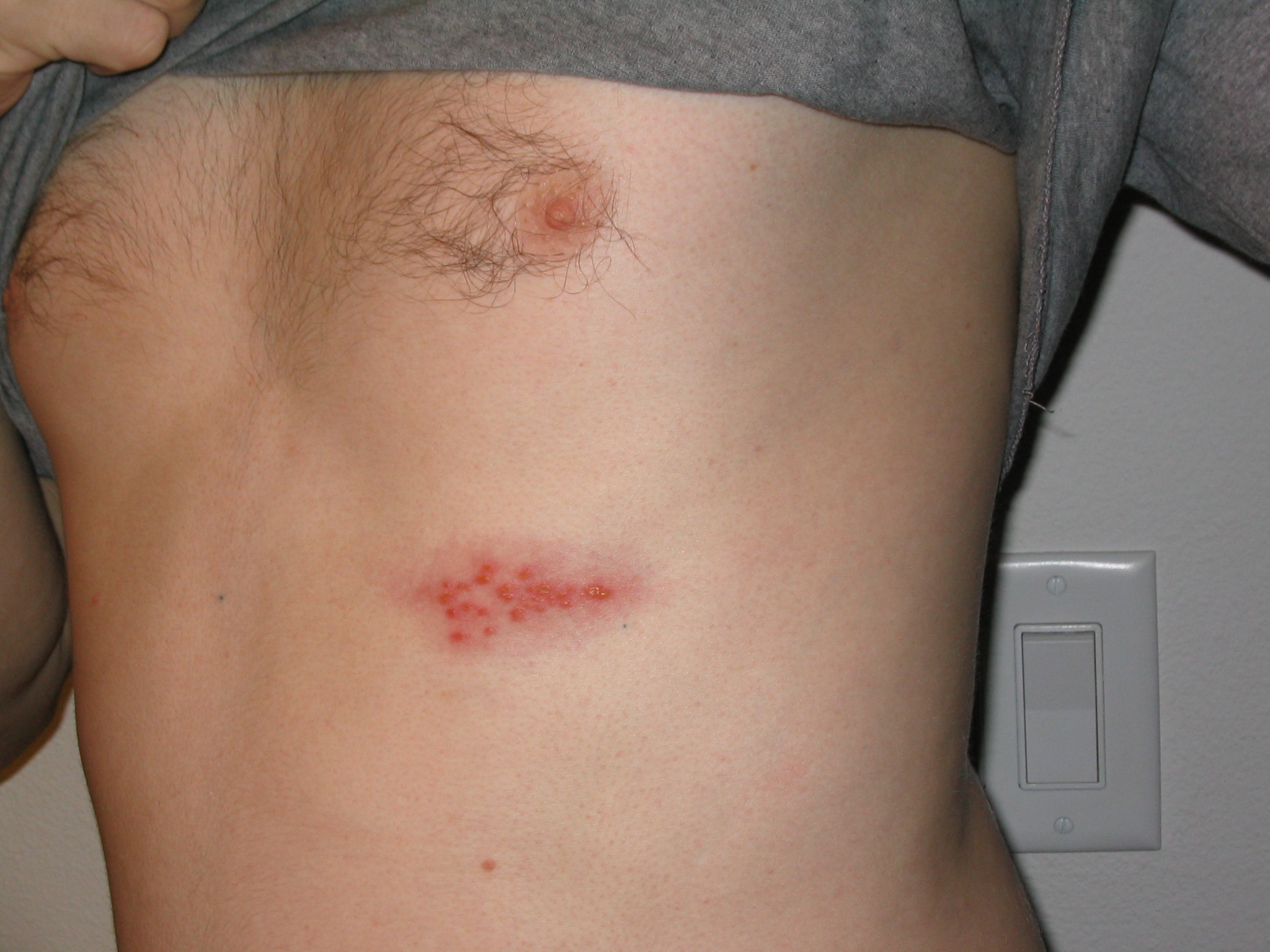A campaign launched by Gesy is urging people to take shingles seriously and get the free vaccine.
People over 60 are encouraged to understand the risks and speak with their general practitioner, who will be able to give them information about preventive measures, such as vaccination.
The shingles vaccine is included in the national vaccination programme through Gesy and is free for people over 60 and adults at a high risk of shingles – also known as herpes zoster.
A survey conducted in May 2025 in Cyprus among 101 people indicated that most people in Cyprus were not aware of the fact that one in three would develop shingles, a viral infection that causes a painful rash.
More than half adults in Cyprus have heard of shingles but the overwhelming majority believes it will not happen to them.
The survey showed that while 60 per cent of people had heard of shingles, only 14 per cent planned to discuss the issue with their doctor.
The findings indicated that adults in Cyprus may be underestimating their personal risk and were not taking precautions.
The survey was part of a GSK-run campaign to cultivate awareness around shingles, which could affect anyone, even young, healthy and active people.
According to the World Health Organisation, shingles is a painful rash caused by the reactivation of the varicella-zoster virus (VZV), the same virus that causes chickenpox.
Anyone who has had chickenpox can develop shingles, although it is more common in adults over 50 years of age.
The main symptom is a rash that appears on one side of the body, often as a single stripe of blisters.
Shingles is not contagious, but the virus can be spread to someone who has never had chickenpox. This will cause chickenpox, not shingles.
Antiviral medications can reduce the severity and duration of shingles, especially if started early.
The campaign in Cyprus urges Cypriots not to underestimate the impact shingles can have on their health and quality of life, with complications leading to blindness, secondary infection, inflammation of lungs, brain and liver, and even death. More information can be found here.
The Cyprus Mail’s own Panayiota went through shingles recently and described “insufferable pain”.
“It started off with intense itching at night and I had blisters for two or three days. At first my GP said it was due to an insect bite […] I changed to a different GP, who immediately diagnosed shingles.”
Panayiota said she was prescribed antibiotics, pills and creams.
“It lasted at least a fortnight after that and it spread. The pain was insufferable.”
Panayiota had caught chickenpox when she was 24. After developing shingles, the doctor advised her husband to get the vaccine.






Click here to change your cookie preferences